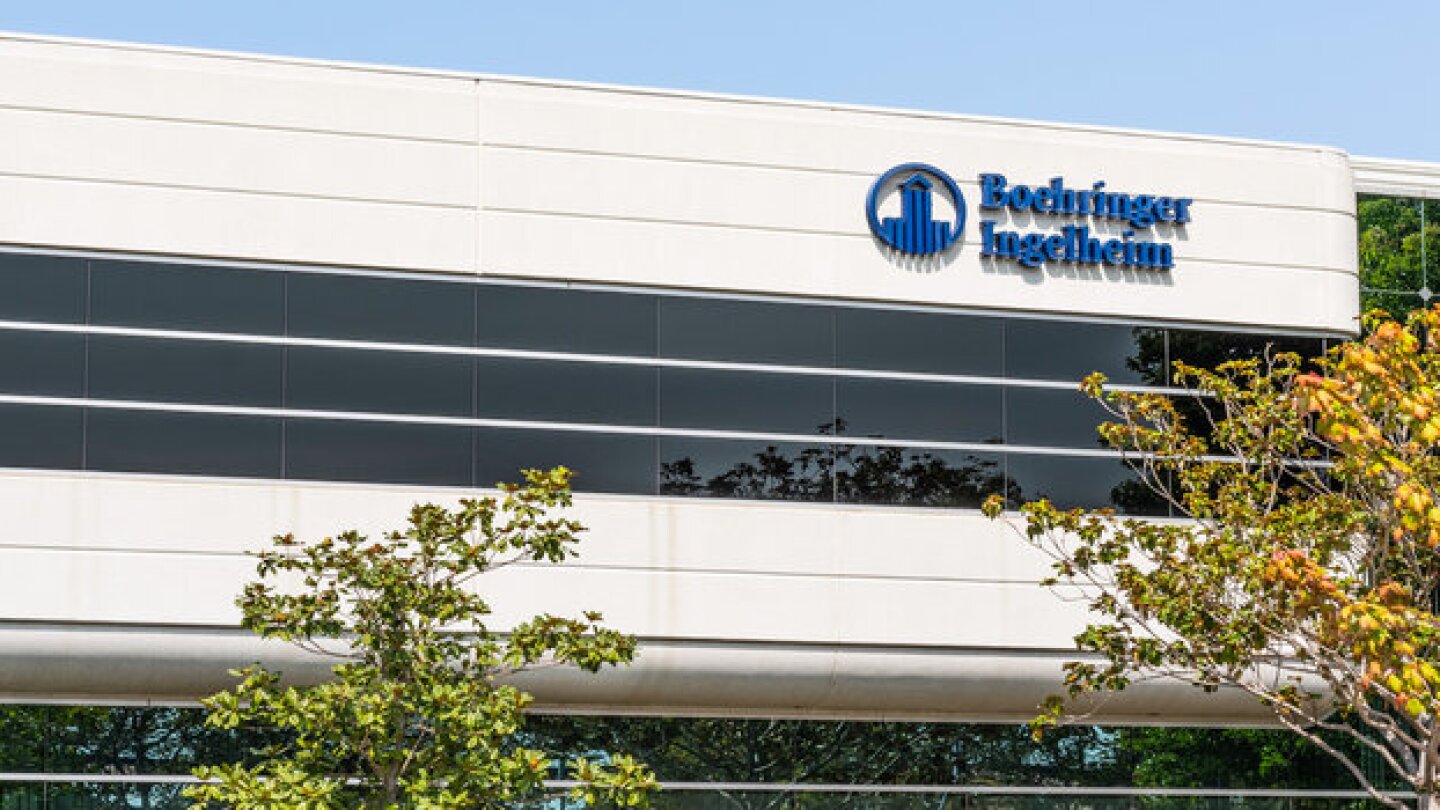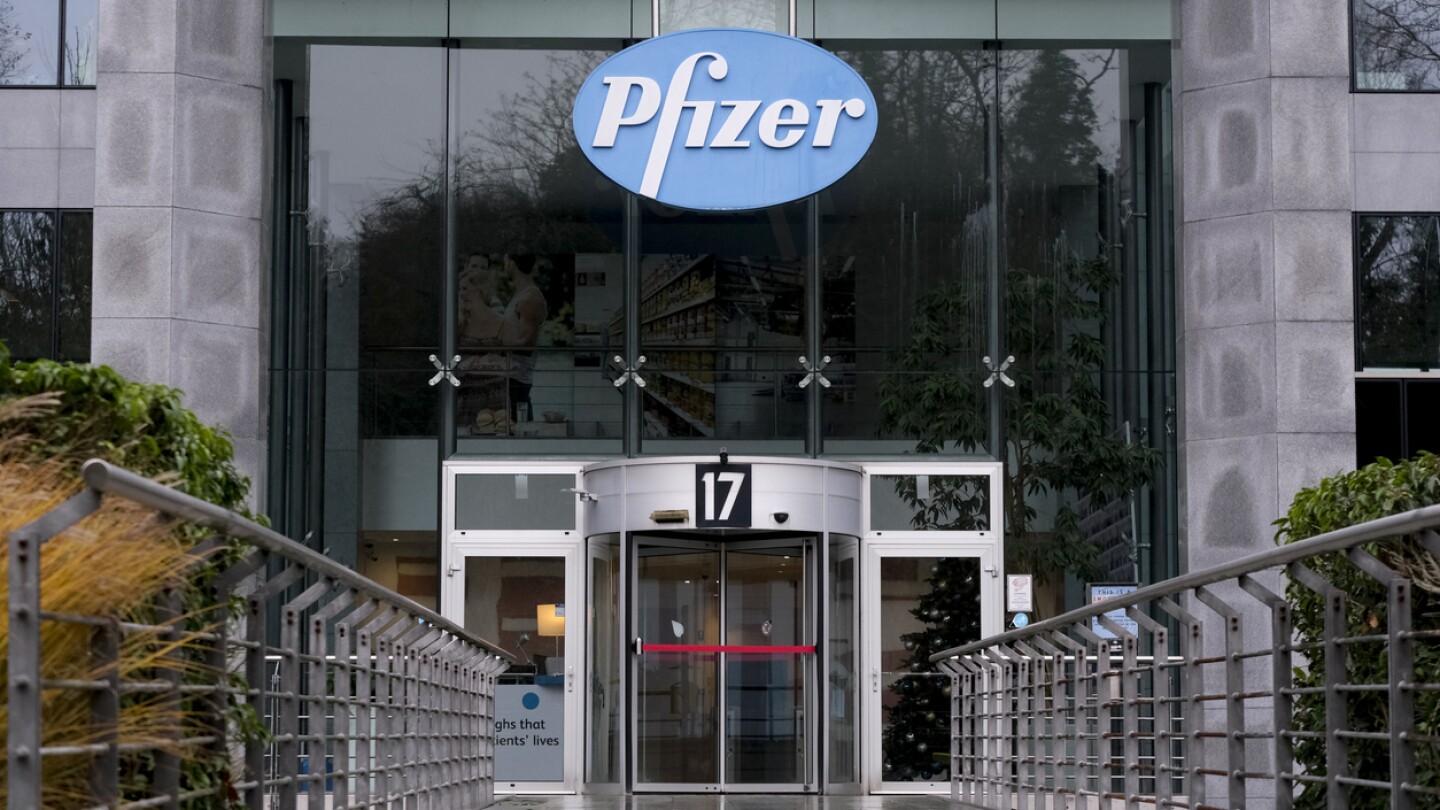Deals
In this episode of Denatured, Jennifer C. Smith-Parker speaks to Erik Digman Wiklund, CEO of Circio and Jacob Becraft, Co-founder and CEO of Strand Therapeutics. They discuss how post-COVID, emerging platforms like circular and logic circuit RNA are expanding the field’s therapeutic horizons.
FEATURED STORIES
Henry Gosebruch, who has $3.5 billion in capital to deploy, is thinking broad as he steers the decades-old biotech out of years of turmoil.
Speaking on the sidelines of the J.P. Morgan Healthcare Conference, Novo business development executive Tamara Darsow said the company is gunning for obesity and diabetes assets.
Buying vaccine biotech Dynavax was an easy choice for Sanofi despite anti-vaccine moves by the Trump administration.
Subscribe to BioPharm Executive
Market insights and trending stories for biopharma leaders, in your inbox every Wednesday
THE LATEST
The deal will help bolster Eli Lilly’s growing hearing loss portfolio, which is anchored by the gene therapy AK-OTOF.
The cornerstone of the deal is SIM0709, which Simcere designed to target both TL1A and IL-23, crucial players in facilitating inflammation. Boehringer Ingelheim will advance the asset for inflammatory bowel diseases.
Investors are apparently taking bets on when Revolution will be acquired. A handful of pharmas could be interested as Merck backs off.
Merck had previously offered anywhere from $28 billion to $32 billion to swallow Revolution Medicines.
The partnership will allow BMS to advance a T cell–based therapy that is only activated once in the vicinity of a tumor.
In this episode of Denatured, BioSpace editorial team members, Senior Editor, Annalee Armstrong, and News Editor, Dan Samorodnitsky, discuss their post-JPM takeaways and 2026 forecasts after speaking to a range of pharma and biotech executives and investors last week.
Novo Nordisk pulled back from cell therapies last October, scrapping development of a type 1 diabetes therapy and laying off most employees working on this modality.
Ahead of GSK are Bristol Myers Squibb and Merck, which have already won FDA approvals for subcutaneous formulations of their respective PD-1 blockers Opdivo and Keytruda.
In November, Pfizer was reportedly looking to divest its stake in BioNTech, though the German biotech at the time denied these rumors.
The arrangement will boost AstraZeneca’s cell therapy portfolio as the pharma targets $80 billion in revenue by 2030.
















